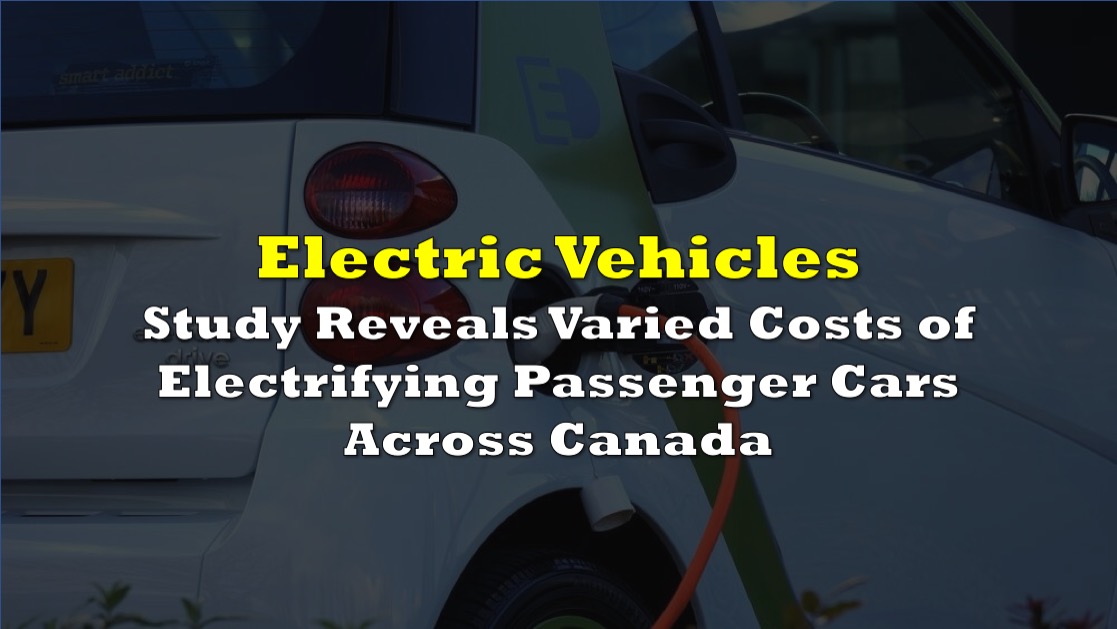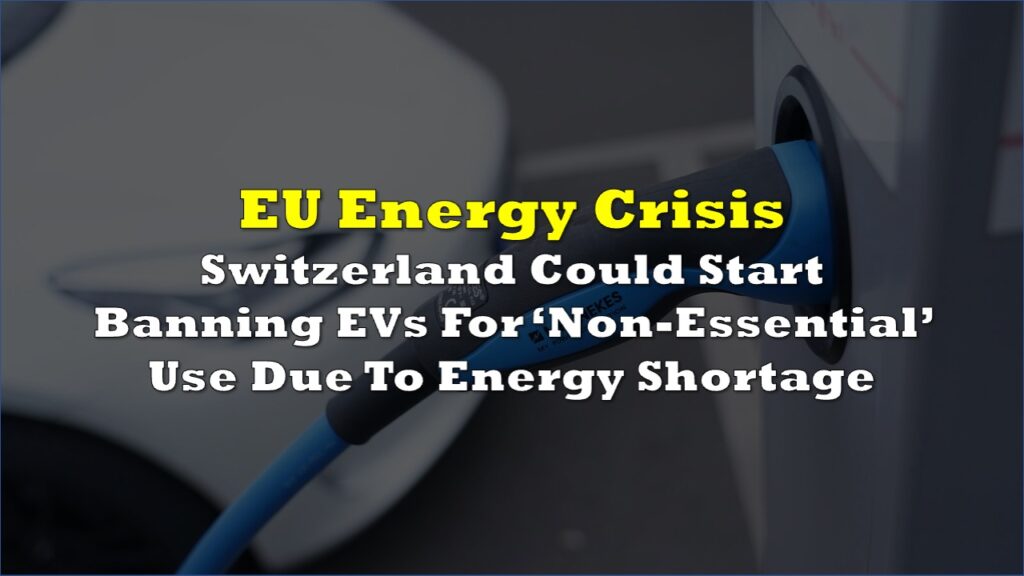A study at the University of British Columbia sheds light on the diverse landscape of electrifying passenger cars in Canada, delving into the nuances of transitioning to electric vehicles (EVs) across different regions of the country.
The research, led by Bassam Javed from the Institute for Resources, Environment and Sustainability at UBC, focuses on the total cost of ownership (TCO) analysis. This compares the net present value of EV ownership against internal combustion engine vehicles (ICEVs) for various household categories across Canada. The study takes into account spatial and behavioral factors, including differences in electricity costs, temperature, household demographics, and access to charging infrastructure.

Javed’s team found that while EVs can be more cost-effective than ICEVs for certain driving distances, the typical Canadian household doesn’t drive enough for EV lifecycle costs to be lower than ICEVs.
The province of Quebec emerges as the most favorable for EV ownership due to its high purchase subsidies and low electricity prices. However, variability in costs across other provinces and territories is mainly influenced by factors such as rebate availability, energy prices, and tax rates.
“Quebec is the most favorable jurisdiction for EVs because rebates are the primary driver of TCO variation observed across the country. The exceptions are Northwest Territories and Nunavut, where high electricity cost—due to heavy reliance on diesel and fuel oil for power generation—is a larger contributor to the difference with Quebec,” the study said.

The study’s findings hold significant implications for both policymakers and consumers. It suggests that consumers willing to opt for smaller, non-luxury EVs within a fixed budget can achieve substantial cost savings. Moreover, regional differences, such as cold weather patterns, necessitate careful consideration when planning charging infrastructure deployment.
While EVs hold promise for reducing greenhouse gas emissions associated with transportation, the study suggests that achieving widespread adoption will require investment in strategies beyond electrifying personal vehicles. Factors such as transportation inequalities, access to charging infrastructure, and the affordability of EVs for different income groups must be addressed through targeted policy interventions.
The study also raises concerns regarding transportation inequalities and the affordability of EVs, particularly for lower-income households. Policymakers are urged to consider strategies beyond EV adoption alone, including investment in public transit and active transportation, to ensure equitable access to clean and affordable transportation.
Canada’s federal climate plan aims to increase the sales of zero-emission vehicles (ZEVs) to 20% by 2026, 60% by 2030, and 100% by 2035. To meet these ambitious targets, the study suggests that policymakers must consider the diverse needs and challenges faced by households across the country.
Information for this briefing was found via the sources mentioned. The author has no securities or affiliations related to this organization. Not a recommendation to buy or sell. Always do additional research and consult a professional before purchasing a security. The author holds no licenses.









